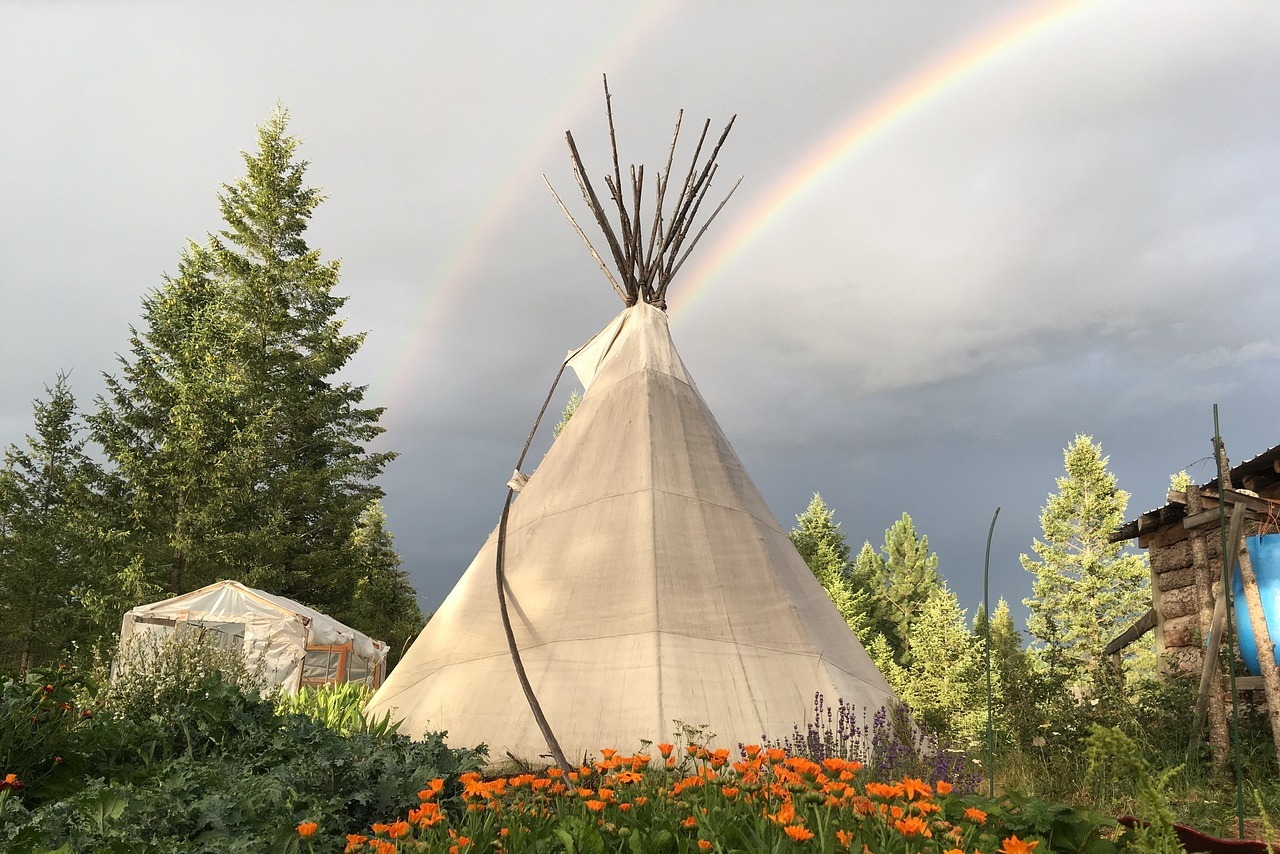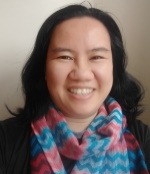Well, I am sure this is awkward. You are reading this blog on a website of religious missionaries called the Sisters of Our Lady of the Missions. So, I will try to explain. There were two experiences that inspired this reflection. First, I was asked by a new friend here in Toronto, “Why do you call yourself a missionary?” This was in the context of our conversation about my personal engagements with the processes of truth and reconciliation. Second, I was writing a concept paper where I mentioned about a “contemplative missionary spirituality.” Someone commented that it may not be appropriate because it may be misconstrued in the context of Indigenous relations.
This is when I realized that in the usage of the word, “Mission,” perhaps, an explanation is needed, especially that whenever we introduce ourselves, along with it is the name of the congregation, “Sisters of Our Lady of the Missions.” The word, “Missions,” in the name of the congregation refers to the Divine Missions. RNDM Founder Euphrasie Barbier’s fundamental insight is that the basic orientation of our [Christian] life is Mission, that is in participation of Missio Dei or Divine Missions. All missionary activities are rooted or find their source in God- Trinity. Our whole life as RNDMs is spent in figuring and living this out, not perfectly, of course. This is the spiritual heritage that we have received and for which we are consecrated.
This perspective informs what I do in a particular context. For instance, here in Canada, I self-identify as a religious missionary because I do not wish to exculpate myself from the sins of colonization that the Catholic Church participated in. It is part of the tradition that I inherited.
For this, I may earn the ire of people who are angry with the Church; that is acceptable. As part of living out of the RNDM charism, I am responsible to engage in the arduous decolonization processes in myself and in society. For me, this is also part of what it means to participate in Missio Dei.
The religious missionary perspective invites me to live out the “culture of encounter” articulated by Pope Francis. For me, being a missionary is to inhabit marginal and border spaces so that one may be able to reach out to the “other” and to bridge the divides.
In Braiding Sweetgrass, Robin Wall Kimmerer has a chapter called, “In the footsteps of Nanabozho: Becoming Indigenous to Place.” [Kimmerer, pgs 205-215]. I highly recommend this book! Her insights opened my eyes to the dynamics of a religious missionary life, that is, to learn from the wisdom of the sacred place and circle of life where you are and “to walk in such a way that each step is a greeting to Mother Earth.” [Kimmerer, pg 206] Being a missionary is to realize that one is a stranger who is always learning how to be. Wherever we are, we are given such an opportunity.
Sr Patricia Lourdes “Petite” Lao, RNDM is a religious missionary of the Congregation of Our Lady of the Missions. She is currently a doctoral candidate of the Toronto School of Theology (Regis College) with a research interest in Indigenous-visible minority dialogue and the truth and reconciliation process.



Thank you for these rich and varied insights regarding “mission”. I was particularly struck by your understanding of one of its challenges: “to engage in the arduous decolonization processes in myself and in society.”
That is a challenge/possibility for a lifetime.
I love the photo, Petite! – the rainbow image of hope as we persevere in “bridging the divides.” Thank you for your reflection.
Thank you, Petite, for this reflection. In what I have seen, it is the “marginal and border spaces” where missionary sisters are often found first, meeting the needs of those who are not noticed by others until much later, if at all.